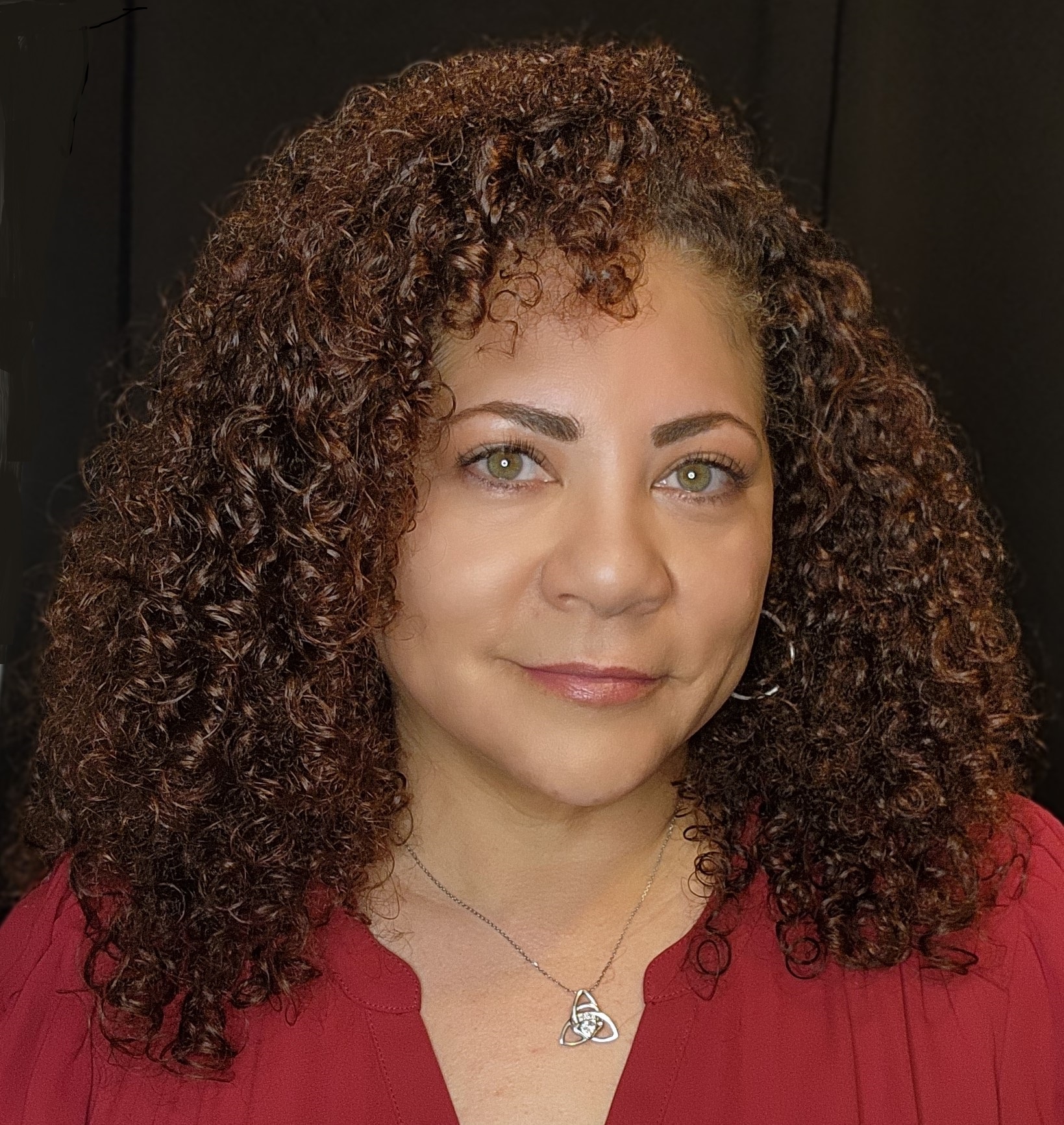Teaching Educators the Path to Community
Jamee Cox is a current IIRP Graduate School student and restorative practices specialist for Fort Worth Independent School District in Fort Worth, Texas. She works in a network of 10 schools, where she trains teachers, administrators, and staff in restorative practices. She also models restorative practices and provides coaching for teachers in classrooms and facilitates circles for Tier 2 and Tier 3 students.
Q: What brought you to the IIRP?
A: I was introduced to restorative practices when I was working as an English teacher at the Disciplinary Alternative Education Program (DAEP) in Desoto, TX, by IIRP Instructor and Implementation Coach Nikki Chamblee. Like many others, I was convinced that it was just not something that would be effective with our population of students. I was wrong. The students loved it, and I saw such a great change in them – and in the staff – that I was ready to consume as much knowledge about restorative practices as I could. I began to take as much training as possible. I knew that to fully commit to living restoratively, I needed to learn as much as I could. Deciding to pursue a master’s degree at the IIRP Graduate School was a no-brainer. I am only in my third term and have already learned so much, and that knowledge has only made me more passionate about this work.
Q: What does your professional work entail, and what makes you passionate about it?
A: My current position is focused on training teachers, administrators, and school staff in the fundamentals of restorative practices. Much like when I engage with youth, I love watching those I train see the value in restorative practices and the changes it can make in their classroom. I love having teachers reach out to me to come see the work they are doing with their students and the changes that are evident in the climate and culture of their classes. I don't want it to sound like the results are all rainbows and sunshine, because I get a fair number of nay-sayers. However, that's okay because I know that good vibes and positive impact are contagious, and it just makes me more passionate about teaching restorative practices.
Q: What would you like to see in the restorative practices field in the future?
A: I love that restorative practices has carved some space in policing, social services, and other organizations, but I would love to see it take a larger role as an elective in schools. We have electives for culinary, foreign language, auto shop, etc., so why wouldn't we offer an elective in restorative practices? I can't think of a better way to arm our youth with the skills to prepare them for college and life than to make sure they have the capacity to build relationships and community and learn conflict resolution. I can't think of a single person on the planet that hasn't had to resolve conflict in their lives at one time or another, and the ways in which people are solving conflicts currently is causing harm, not repairing it.


